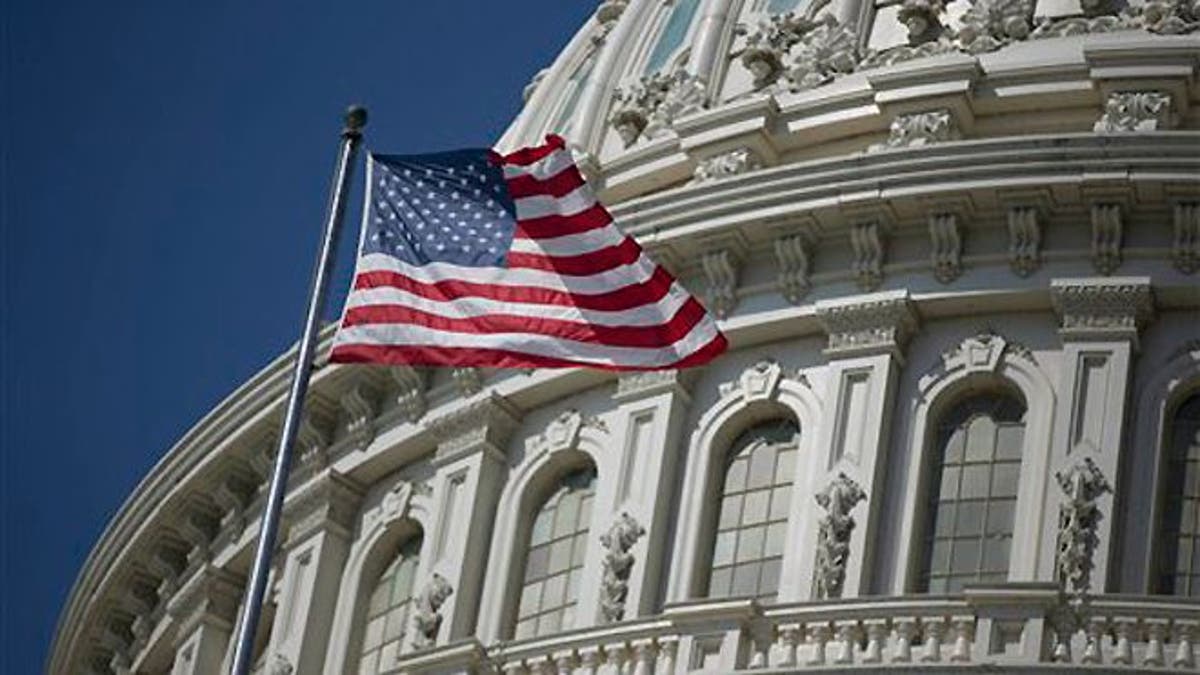
Article 1, Section 8 of the United States Constitution couldn’t be clearer. “The Congress shall have power…to regulate commerce with foreign nations.”
The Obama administration is attempting to seize that power from Congress. Some lawmakers are willingly playing along because “free trade” promises nations a future wealth and prosperity.
The pending Trade Promotion Authority (TPA) bill, which is also known as Fast Track, will give Obama unilateral power to negotiate trade agreements on behalf of the United States and push them through Congress on an expedited timeline, leaving Congress with only an up or down vote after any trade agreement is presented to them. Congress will not have the ability to amend any agreements once Fast Track authority is granted.
The U.S. Constitution was written providing checks and balances so that no branch of government holds too much power. If Congress passes Fast Track authority they are willingly ceding their power to the president.
America needs a trade policy built around the three R’s that comprised President Reagan’s trade doctrine: reciprocity, rules, and results.
In other words, lawmakers give up the rights granted to them by the Constitution and instead agree to expedite a plan presented by the president, which is often negotiated and written by our trade competitors. The Fast Track process allows little time for Congress to
read a trade deal, let alone thoroughly debate the deal. Worse yet, under Fast Track, Congress has no authority to improve or amend a trade deal, meaning the American people, have zero input.
So why would lawmakers agree to so easily cede their power to regulate trade? Especially considering this White House has sidestepped Congress on immigration law, environmental regulations, and a host of other issues.
And why would leadership in the House and Senate so blatantly reverse course on public pledges made about transparency and regular order?
The answer is the promise of national riches as a result of future trade agreements and it should come as no surprise, those future deals are already in the works. The Trans Pacific Partnership (TPP) is just the beginning, followed by the TTIP (Transatlantic Trade and Investment Partnership) deal with Europe and the TISA (Trade in Services Agreement) deal, which includes 23 countries belonging to the World Trade Organization.
Unfortunately, this is not the first time such promises have been made. All we have to do is look at recent history to see the results don’t live up to the promises. American prosperity was all but guaranteed at the signing of the North American Free Trade Agreement, as well as World Trade Organization negotiations and trade agreements with Central America and Korea.
Over that time, however, economic prosperity has been hard to come by. America’s middle class has evaporated, manufacturing jobs have disappeared, and we’ve largely become a service-oriented society of buyers and middlemen instead of producers and sellers.
Last year, the United States purchased $737 billion more goods than we sold, and our trade deficit with China hit an all-time high of $342 billion. Our increasing trade deficit has reduced the national GDP by 2.5% every year for the past decade.
If America is to have a bright economic future that includes growth and opportunity, the answer is not more trade deals patterned after the failed ones of the past. Those agreements turned a blind eye to currency manipulation, foreign subsidies, and human rights and labor abuses. This puts the American workers and America at a disadvantage.
Instead, America needs a trade policy built around the three R’s that comprised President Reagan’s trade doctrine: reciprocity, rules, and results.
Good trade works like a two-way street where each party reciprocates the same policy with one another. There are no free riders, nor any tolerance for cheating. Rules are clearly defined and enforceable. Most importantly, trade should generate good results for America.
Make no mistake, ballooning trade deficits, outsourcing of our manufacturing base and jobs, lower wages and international markets rigged with subsidies and monetary cheating is not a good result. America deserves better.
A trade deal negotiated for over 5 years and cloaked in secrecy should not be put on the Fast Track. It is the duty of our representatives to put America’s interests first and to make sure all trade agreements do the same. The first step starts with the U.S. House of
Representatives voting down Fast Track and retaining their power, while stopping another power grab by the White House.
Someone once said that when the tea party and progressives are in agreement on an issue, the American people better wake up and pay attention. That time is now. Most Americans agree that TPA should be fast tracked only to the trash heap.








































